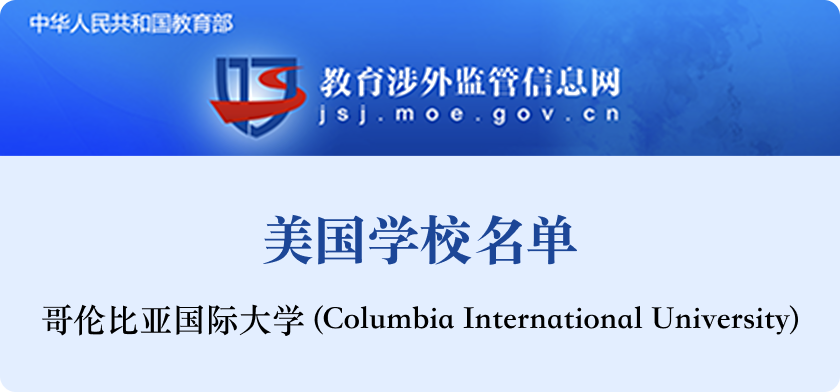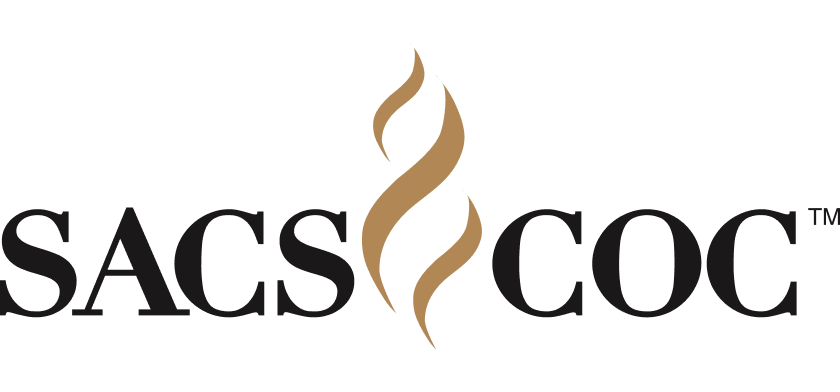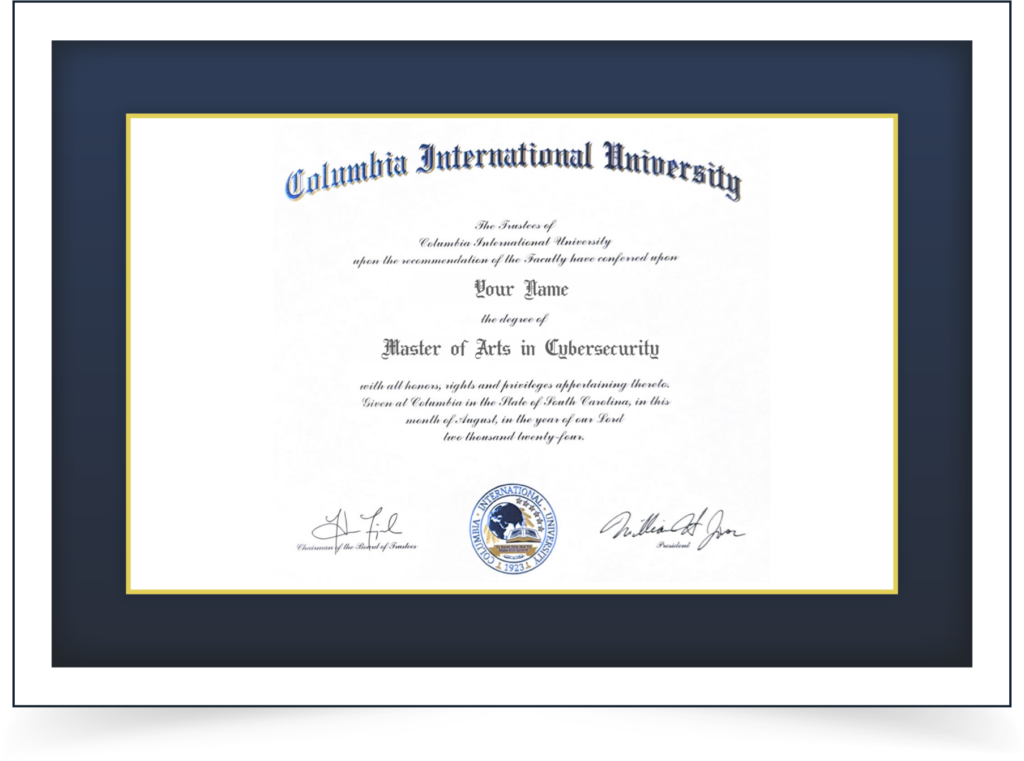
M.A. in Cybersecurity
Program Features:
Kepha Institute Online Master of Cybersecurity (MACS) program continues CIU’s 100-year tradition of blending professional skills with a foundation of truth. Adhering to the unique concept of whole-person education, we hope to cultivate cyber security talents with “three views based on truth” + “both soft and hard power”.
It provides not only professional training and equipment, but also a career development bridge to high salaries and job vacancies. We focus on practical results and application, and are committed to helping students apply what they have learned to real-world situations, and training students to master excellent professional skills to solve real-world problems.
In terms of teaching methods, pre-recorded video courses are combined with real-time on-site interactive courses, and bilingual interactive teaching in Chinese and English is used to help students adapt to and master network security operations in the English environment.
The faculty of the program are excellent, all of them have doctoral degrees and are based on the forefront of industry technology development, uphold the values of truth, and are willing to lead students to progress and grow in professional ability and life character!
Accessibility
Bilingual interactive teaching in Chinese and English (online recorded classes with Chinese subtitles, operating system in English) helps students adapt to and master network security operations in the English environment, and specially sets up bridge courses for students with non-IT backgrounds to assist in the transition of interprofessional ability
Application-Based Admission
No need to spend excessive time preparing for entrance exams; the focus is on practical, real-world application of knowledge.
Affordable Tuition
Thanks to the dedication of our professors and the generous support of our donors, we offer highly cost-effective tuition. Students pay course-by-course tuition fees without the need to pay all fees upfront.
Accreditation
Graduates receive a master’s degree with the same authoritative accreditation as the U.S. home campus—without the “Online” designation.
Flexible Learning
Flexible learning with recorded lectures and live interactions, designed for busy working learners.
Expanding Horizons
Backed by a century-old institution’s global alumni network and grounded in shared values of truth, students expand their life horizons through meaningful relationships and connections.
Quality Faculty
All faculty members are internationally qualified with doctoral degrees and strong academic, teaching, and practical experience.
Practice-Oriented
The curriculum comprehensively covers all major areas of cybersecurity, aligned with the latest industry technologies, with a particular emphasis on hands-on technical training.
School Accreditation

The Ministry of Education of the People’s Republic of China Education Foreign-related Supervision Information Network is a special website of the Ministry of Education to release information on the supervision and management of various educational foreign-related activities.

SACSCOC is the Southern Association of Colleges and Schools Commission on Colleges (SACSCOC). It is one of the six regional university accreditations in the United States, which represents the highest level of accreditation in the United States, and has the most stringent academic and management requirements for universities.

CHEA is the Council for Higher Education Accreditation (CHEA) of the U.S. Department of Education. It is the national organization for higher education accreditation and quality assurance by the U.S. Department of Education, and is authorized by the Department of Education to recognize other similar institutions and organizations.
Degree Accreditation
After obtaining the master’s degree certificate, students can apply for authoritative tripartite international certifications such as NSC, WES, Hague, and ECE to meet the needs of their own certificate use scenarios.

The National Student Clearinghouse (NSC) is the U.S. Student Information Center, which can view and download the certification report through its official website, including the student’s institution, enrollment time, school grades and other student information to prove the authenticity of the student’s student status and degree. Graduates of this program can go to NSC for certification.

World Education Services (WES) is a world education service that can authenticate documents such as academic qualifications and transcripts through its website. It mainly provides degree and transcript certification services for international students and immigration applicants. Graduates of this program are eligible for WES certification.

Apostille (also known as Apostille certification), which is used to authenticate degree certificates obtained abroad, is used to certify the authenticity of documents, ensure that certificates and experiences are recognized, and make the documents have the corresponding legal effect abroad. Graduates of this program are eligible for apostille.

Educational Credential Evaluators, Inc. (ECE) is a notary public in the United States that provides diploma evaluation services while certifying the official status of institutions and the authenticity of educational credentials. ECE certification is available to graduates of this program.
Authoritative U.S. Media Ratings
CIU’s lifelong learning philosophy and online course research and development have enjoyed a century-old reputation in North America, and it has ranked first in South Carolina in the development of online courses for many years.

Forbes ADVISOR ranks No. 1 in Best Online Colleges in South Carolina in 2024

South Carolina’s online course development has been ranked #1 year after year by BEST COLLEGES

According to the U.S. News & World Report rankings for Southern Regional Universities, the institution ranks among the top 50 comprehensive universities. It has been recognized for several consecutive years as one of the Best Value Schools in the Southern region.
Degree Certificates
Upon completion of the program, participants who meet all course requirements will receive:
Columbia International University (CIU)
Master of Arts in Cybersecurity

Learning Style
The Zoom conference room is held online in real time to establish effective interaction between professors and students
Recorded video courses explain basic concepts, theories, methods, and models
The abundant reading materials expose students to cutting-edge cases, new theories, and new technologies
The content and form of assignments are rich and diverse, helping students to achieve an effective combination of theory and practice
Provide an online group of classmates and teachers, so that you can communicate with your classmates and teachers at any time
Project Objectives
Provide explanations for safety accidents and collect evidence and investigate in accordance with the law
Develop policies and procedures to manage enterprise security risks
Analyze and resolve security issues in networks and computer systems to protect IT infrastructure
Perform the duties of a cybersecurity professional and work anywhere in the world after obtaining relevant cybersecurity certifications
Assess and educate on the impact of human factors on security systems, emphasizing ethics, addressing social engineering vulnerabilities, and conducting training
Assess the security needs of computer and network systems, provide protection solutions, and manage the implementation and maintenance of security devices, systems, and procedures
Prepare for the prestigious certification exams in cybersecurity to enhance your career development
Academic Structure
3 Master’s Bridging Courses in Cybersecurity (9 Credits)
The MSc in Cybersecurity requires applicants to have a bachelor’s degree in a technical discipline such as computer science, computer engineering, information systems, electronic engineering, or a related major.
To address the foundational knowledge gaps of applicants from non-related majors, professors will guide students through the bridging courses. Each bridging course lasts 16 weeks per semester. (Applicants from other backgrounds who are not intimidated by computer operations are also welcome to apply. Bridging courses can be taken concurrently with the core program courses.)
Note: The course curriculum may be slightly adjusted, please refer to the course selection notice after admission
10 Master's Specialization Courses in Cybersecurity (30 credits)
The total number of credits required for the Master of Cyber Security program is 30 credits, with a total of 10 professional courses. All courses are 16 weeks per semester. Before graduating with a master’s degree in cybersecurity, you will need to take the relevant professional certificate exams.
Duration of Study
16 weeks per course
Bridging Courses
16 weeks per semester
16 weeks per course
Major Courses
16 weeks per semester
Start Date
Start Dates: Each year, classes begin in three semesters—Spring, Summer, and Fall—starting in early January, early May, and late August, respectively.
Each semester is 16 weeks long, and each course is 16 weeks long. The full course can be completed in a minimum of 2.5 years and a maximum of 7 years.
Tuition
Tuition estimate: $8,000, about 60,000 RMB
$630 per course
Major Courses
There are 10 courses in total, and each course lasts for 16 weeks per semester
$630 per course
Bridging Courses
There are 3 courses in total, and each course lasts for 16 weeks per semester
$30/person/semester
Online Course Platform Fee
Populi Online Learning Platform
*The regular tuition fee for both core courses and bridging courses is $1,800 per course (3 credits). A special discounted tuition of $630 per course (3 credits) is offered to students from China and other developing countries and regions.
*The tuition fee is estimated in the current state, and the school reserves the right to change the tuition price due to administrative or uncontrollable factors.
Financial Aid
This program offers small-scale financial aid. The relevant principles are as follows, with specific policies to be announced each semester after enrollment.
- In principle, no financial aid is offered during the first semester.
- To apply for financial aid, students must achieve a grade of B+ or above. The aid amount ranges from $50 to $200 per course.
- The amount of financial aid is limited and may not meet the needs of all applicants. Thank you for your understanding!
Eligibility
- A bachelor’s degree or above is required; For applicants who do not have a technical background in computer science, computer engineering, information systems, electrical engineering, etc., the program director will guide students to choose courses after admission, including whether they need to take bridge courses.
- This program is open to a small number of applicants with a bachelor’s degree or less (regardless of major, as long as they are not afraid to operate a computer and have the intention to study and receive training) and are at least 25 years old, applicants need to pass an interview, and they need to take a bridge course.
- According to the application requirements, provide relevant information and supporting documents, mainly including academic certification (or official transcripts), personal statement, education and work background, and recommendation letters (at least one).
- The interview will be conducted by the Admissions Committee of the Master of Cyber Security, which will comprehensively assess the applicant’s academic reserves, personal maturity and career planning.
- As the program is online, students must provide stable online internet support and a computer device for personal study that can support the smooth operation of virtual machines on a Windows, Linux, or Mac (non-M-series) computer with Intel multi-core (at least 4 cores) chips, at least 16GB of RAM, and 512GB of storage. 32GB RAM, 1TB SSD recommended.
Application Process and Procedures
- Fill in the application form on the official website: Click Apply
- Submit all required application materials as instructed.
- Application Materials Approved
- Enrollment and Registration
Admissions Advisor WeChat: kepha1
After submitting the preliminary application on the registration website, applicants will receive an email with the application guide. Admission is granted on a rolling basis, based on the order of complete application submissions.
Faculty

Jay Chen
Director of the Master of Science in Cyber Security Program
- Ph.D. in Natural Sciences, University of Tübingen, Germany
- Master of Science from the University of Jena, Germany
- Bachelor of Science from Shandong University
- He is currently working as a software engineer and technical work consultant, and his research interests are concentrated in the field of artificial intelligence

Lin Youru
Adjunct Professor
- Ph.D. in Electrical Computer Science, University of Florida, USA
- He served as the director of the MSCS master’s degree at Charleston Southern University, and founded the cybersecurity-related department of Charleston Southern University
- He specializes in computer network communications, encryption technology and network security
- He has 20 years of experience in face-to-face and online teaching

Zhang Cong
Adjunct Professor
- Master of Construction Technology Economics from Chongqing Jianzhu University
- Ph.D. in Software and Theory, Chongqing University
- System Analyst Certificate from the Ministry of Industry and Information Technology of China
- His research interests are Artificial Intelligence/Uncertainty Inference, Learning, and Classification

Cai Zhemin
Adjunct Professor
- Ph.D., National Chiao Tung University, Taiwan, China
- He used to be the director of the Department of Information and Communication and the director of the Information Technology R&D Center of Kunshan University of Science and Technology
- His areas of expertise include: network-based information systems, database systems, image processing technology, UNIX system management, digital integrated circuit design, computer architecture and hardware, etc
Professor's Message

Prof. Chen Jieen
Director of the Master of Science in Cyber Security Program
Student Reviews:

Damon Wang
Kepha Institute Master of Cyber Security Spring 2024 students

